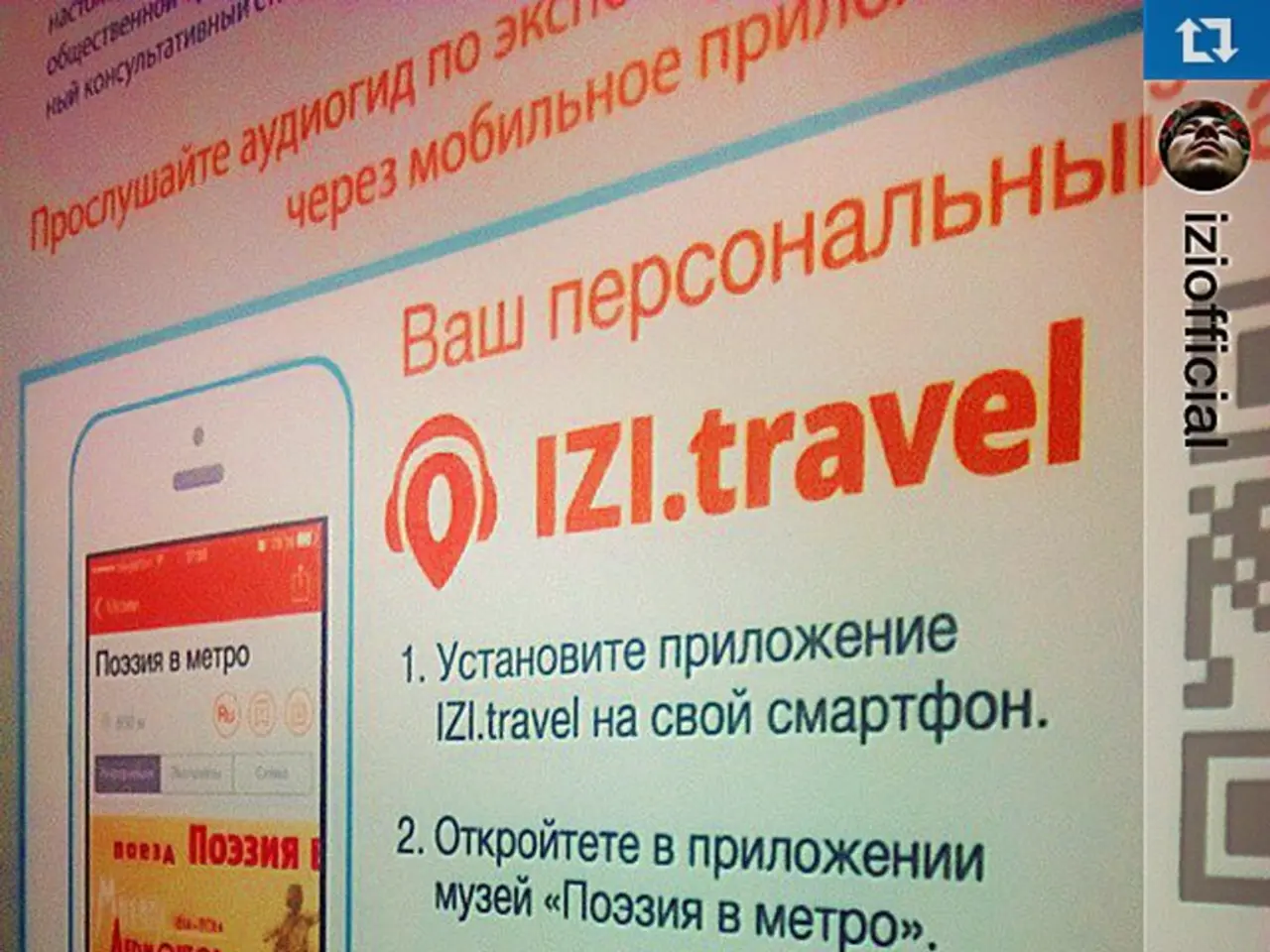Trump and Xi to solidify the long-awaited TikTok agreement today
In a significant turn of events, President Donald Trump and China's leader Xi Jinping are negotiating a deal to sell most of TikTok's US assets to American investors. The proposed deal, if reached, would conclude a years-long effort that began during Trump's first term.
The new consortium, composed of Oracle, Silver Lake, and Andreessen Horowitz, will hold 80% of the shares, while ByteDance retains about 20% minority ownership. This deal, largely completed by April, was a precursor to a Trump-Xi meeting that both sides have sought for months.
Trump's initial policy was to ban TikTok, a stance he never managed to get passed but which Biden eventually supported and signed into law. However, Trump's opinion on TikTok changed after he viewed the social media app as contributing to his election victory in 2024.
The Foreign Adversary Controlled Applications Act gives the president broad discretion on how to enforce the TikTok ban. Despite this, Trump postponed the enforcement of the TikTok ban four times, with the latest extension set for mid-December.
The proposal would allow TikTok to remain operational in the United States. The agreement reached during negotiations held in Madrid outlines that the new consortium will be operated by a majority-US board, including a member appointed by the Trump administration.
TikTok has around 170 million US users, many of whom are young people who offered significant support to the Republican presidential candidate in the 2024 election. Critics argue that Trump's extensions of the TikTok ban have thwarted the will of Congress, which eventually signed a bill banning TikTok unless it ceded control of at least 80% of its assets to US operators.
In a related development, China announced that Nvidia had violated its antitrust laws, suggesting a shift in its approach towards US companies. On January 19, 2021, Trump announced an executive action to ensure US companies could host TikTok on their app stores and servers. However, TikTok briefly went dark in the United States on January 18, 2021, due to the Foreign Adversary Controlled Applications Act.
As the negotiations continue, the deal presents a complex web of geopolitical and business interests. The outcome could have far-reaching implications for the tech industry and US-China relations.








